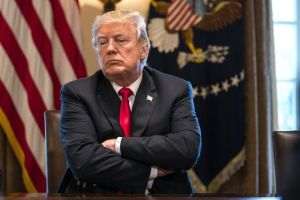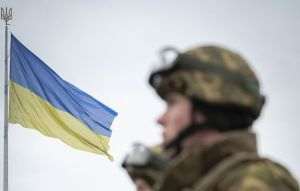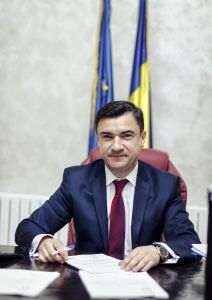Germany will hold early parliamentary elections on February 23, 2025 after Chancellor Olaf Scholz lost the vote of confidence requested by the Bundestag yesterday. Following a heated debate, German parliamentarians decided with 394 votes against, 207 votes in favor and 116 abstentions, to no longer grant confidence to the Scholz government, which marks a historic moment in German politics, being the first time in almost 20 years that a chancellor has lost such a vote. The voting procedure was a tense one. Deputies were called on to express their position using three types of cards: blue for "yes", red for "no" and white for "abstention". Olaf Scholz himself voted, symbolically choosing the blue card, signaling that he was offering his own confidence. After reading the result of the vote, the President of the Bundestag, Barbel Bas, closed the session by declaring: "We have reached the end of the agenda - and of the traffic light coalition."
In the debates leading up to the vote, Olaf Scholz gave a harsh speech criticizing his former coalition partners, especially the FDP led by Christian Lindner, accusing them of "lack of moral maturity" and "sabotage." According to the German dailies Stern, Berliner Zitung and Frankfurter Allgemeine Zeitung, this vote of confidence was not a surprise, but part of a calculated strategy by the Chancellor to provoke early elections, amid the collapse of the "traffic light" coalition (SPD, Greens and FDP).
In contrast, Sahra Wagenknecht, leader of the new BSW (Bundnis Sahra Wagenknecht), accused the coalition of "visible deterioration in living standards" and questioned the parties' promises to bring about positive changes after the elections. On the other hand, Alexander Dobrindt, the leader of the CSU, concluded with a sharp message to Chancellor Scholz: "Go with God, but leave!".
Another harsh intervention was that of AfD MP Christina Baum, who said that she trusted Chancellor Olaf Scholz because he prevented the escalation of the war in Ukraine, something that in her opinion the leader of the opposition, Friedrich Merz, did not do, who declared that he would deliver Taurus missiles to Ukraine. Chrsitina Baum stated that such a decision regarding Taurus missiles would turn Germany into a "direct enemy of Russia".
Following yesterday's vote, Scholz presented the decision to the Bundestag to German President Frank-Walter Steinmeier, who has 21 days to decide whether to dissolve Parliament and call new parliamentary elections within 60 days.
Until these are completed and the new government is sworn in, Germany will be run by an interim government led by Olaf Scholz, but with limited powers. This means that major economic and political decisions will most likely be postponed.
Political observers are wondering whether a new, viable coalition can be formed after the elections, given the current tensions between political parties. Especially since, according to the sources cited, an unexpected dialogue took place in the Bundestag yesterday between Gregor Gysi, a representative of the Die Linke party, and Friedrich Merz, the leader of the CDU, which could suggest new political combinations after the elections on February 23.
This political crisis underlines the depth of the challenges facing Germany. As the Bundestag prepares for a difficult transition, it remains to be seen whether the next government will be able to address the complex issues of the economy, foreign policy and public trust in democracy. The February elections will be crucial not only for Germany, but also for the stability of Europe.




























































